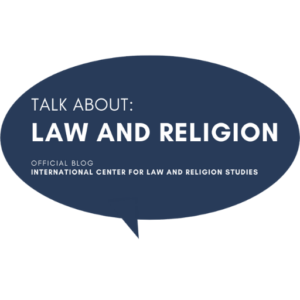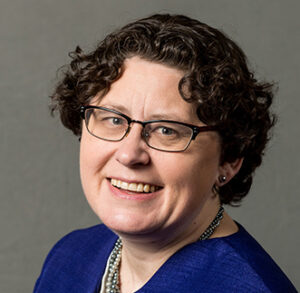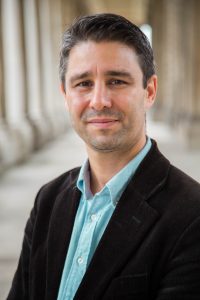The 2021 Religious Freedom Annual Review: An Overview
 By Talk About: Law and Religion
By Talk About: Law and Religion
The Religious Freedom Annual Review, sponsored by the International Center for Law and Religion Studies at BYU Law School, and co-sponsored by the Wheatley Institution at Brigham Young University, was held virtually on June 15-16, 2021. The 2021 theme, “Religion’s Role in Overcoming Divides and Strengthening American Democracy,” was reiterated by the three keynote speakers, Peter Wehner, Elder Dale G. Renlund, and Sister Ruth Lybbert Renlund. The opening session concluded with remarks by Asma Uddin, L. Whitney Clayton, and Brett Scharffs on religious identity and dignity in America.
Peter Wehner, a Senior Fellow at the Ethics and Public Policy Center, stated that Christians ought to see others as equal. “Don’t withdraw from politics.” Christians should use Christianity to help define a “moral excellence…We’re called upon to be faithful—not successful,” and that Christians should “argue for truth, not for victory.”


